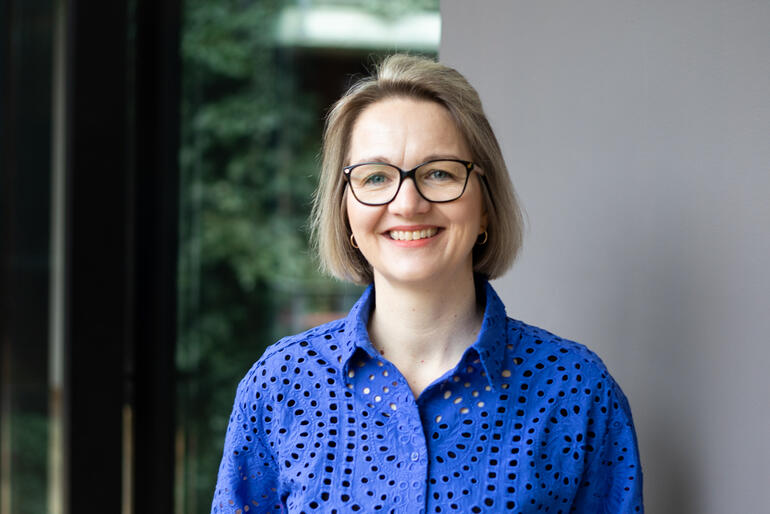By Pia Bing-Jonsson, Rector of University of South-Eastern Norway
As 2024 is coming to an end, the evolving geopolitical landscape presents both challenges and opportunities for universities worldwide. Rising tensions, shifts in global power dynamics, and changes in international relations are influencing how we operate, collaborate, and engage with the world. For universities in general, this means adapting to a context where academic freedom, cross-border partnerships, and the flow of knowledge are increasingly at stake. This is also influencing the way we work and think at USN.
The YERUN Rectors’ meeting in Konstanz in October offered valuable and thought-provoking discussions, highlighting how these issues vary among member institutions. The current situation compels us to reaffirm our commitment to fostering open and inclusivee academic environments. Internationalization, a cornerstone of modern higher education, is now more critical than ever—yet also more complex. The role of universities as neutral spaces for dialogue and innovation must be safeguarded against external pressures.
When times are turbulent, we must ensure that universities remain drivers of global solutions—addressing urgent challenges such as climate change, social inequality, and technological development. By strengthening alliances and leveraging the collective strength of academic networks, we can navigate these uncertainties together.
The European Research Area (ERA) policies mark a pivotal moment for universities and the broader research ecosystem in the EU. There are promising prospects for a university like USN to contribute with R&I for a more competitive Europe. Its emphasis on openness, inclusivity, and excellence aligns closely with the values of our institution and provides a framework for advancing impactful research and innovation.
Furthermore, the ERA priorities prove opportunities for a university like ours to strengthen our contribution to a competitive and sustainable Europe. By fostering collaboration across borders, investing in talent, and supporting the transition to green and digital economies, the ERA reinforces the vital role of higher education institutions as engines of societal progress. We are particularly encouraged by the focus on supporting open science practices and closer links between research and industry. As an institution, we are committed to aligning with these priorities, leveraging our strengths, and working with our partners to address shared challenges.
The launch of the CONNECT research platform by YERUN is a significant step forward for fostering collaboration and innovation among our member universities. The platform utilizes the power of collective action, enabling researchers across various institutions to share expertise, resources, and ideas in new and impactful ways.
CONNECT not only enhances our research capabilities but also creates opportunities for addressing complex global challenges through interdisciplinary and cross-border collaboration. As a university, we are proud to be part of this initiative and are committed to leveraging CONNECT to enhance the quality and relevance of our research. Together with our YERUN partners, we will work to ensure that this platform becomes a focal point for collaboration in European research.
Last, but not least, YERUN has throughout the past year taken the time to discuss the future of university alliances. USN is committed to entering a new phase in our alliance, EDUC. European University Alliances represent a bold and visionary step towards reimagining higher education in Europe. These alliances are more than partnerships—they are platforms for deep integration, enabling universities to work together across borders to address shared challenges, advance academic excellence, and foster a sense of European identity.
The success of these alliances will depend on sustained support, both financial and strategic, from national and European policymakers. They must remain flexible and inclusive, allowing diverse institutions to collaborate in ways that amplify their unique strengths while embracing shared goals. At USN the alliance collaboration enhances opportunities for students, staff, and researchers to engage in truly transformative international experiences. We are excited to play our part in shaping it.
As 2024 is coming to an end, reflecting on my first year as a Rector at USN is showing a year that has proved to offer both challenging as well as promising new experiences. Above all, it has given new opportunities to discuss and reflect together with rectors and presidents from our European networks on shaping future research and education. I am looking forward to continuing these discussions in the year to come!
Pia Bing-Jonsson,
Rector, University of South-Eastern Norway










